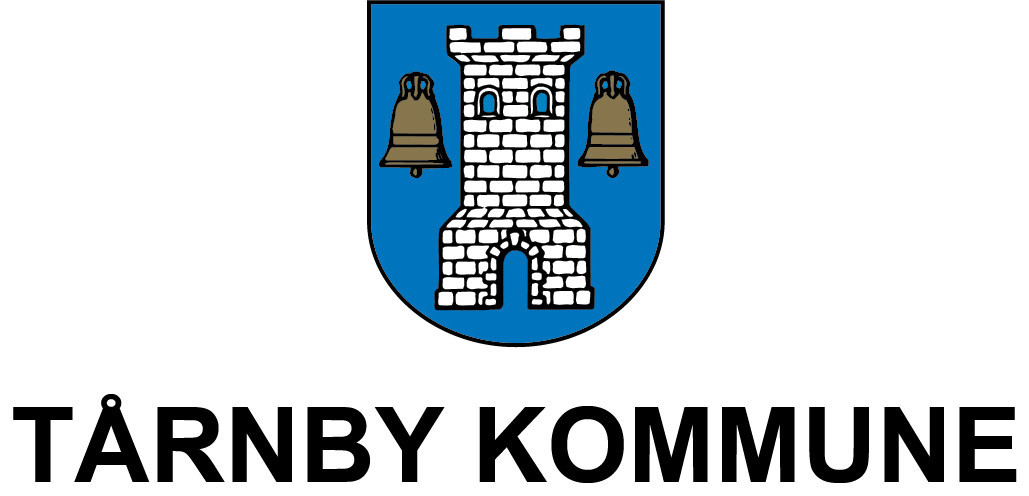Cultural worker in the Öresund region
This information is for EU/EEA citizens only
Tax for cultural workers
As an performing artist or cultural worker, you are in a special tax situation. If you engage in artistic activities, you may need to pay tax in both the country where you work and the country where you live. There is never any question of double taxation. You request tax credit in your income tax returnin your country of residence.
Put rather simply, tax credit means that any tax you paid in your country of employment is deducted from the tax you pay in your country of residence. If the tax in the country of residence is higher than in the country of employment, you are taxed on the difference in the country of residence.
In Sweden, there is a special artist-tax called A-SINK at 15 %, that the employer pays to the tax authorities. As a worker, you then have an obligation to declare your income in the Danish tax declaration where the artist tax is going to be deducted from the Danish tax.
There is no special artist-tax in Denmark. Instead, the employer will deduct preliminary tax as usual and it is up to you to then declare the income both in the Danish and Swedish tax declarations.
In Denmark, it is possible to have the compensation paid in the form of “honorar” where no tax has been deducted in Denmark. If that is the case, it is important to be aware that you, as a Swedish resident, have to declare it as income in the Swedish tax declaration and pay Swedish tax on the income.
Read more ni our article on tax for cultural workers here
Social Insurance
Social insurance in Sweden can entitle you to benefits such as, sickness benefits, child allowance, parental benefits and general pension. When you live and work in Sweden, you are automatically social insured in Sweden. If you chose to work in Denmark, or to move there, that could mean that you change social insurance country to Denmark.
You can only be social insured in one country within the EU/ESS and Switzerland at the same time. Most often, you are insured in the country where you work. If you work in two or more countries at the same time, or during a certain period of time, then you are often insured in the country where you live – provided that you work a minimum amount of time in that country. You should therefore be aware that if you work in several countries at the same time, this can affect your social insurance. However, if you are employed in the public sector, there are a specific set of rules applicable. Please be aware that it is not enough that the business receives financing from public sources – it is Udbetaling Denmark and Försäkringsassan who will evaluate if you are considered to be employed in the public sector.
In contrast to the tax regulations, there are no specific rulebook for social insurance for those employed in the culture sector, but you should be aware that if you work in several countries under a short period of time, it can affect your social insurance. Please contact Försäkringskassan at Øresunddirekt if you have any questions.
You can find more information on social insurance when working in two countries here
It is important to note that:
- You can only have social insurance in one country within the EU/ESS and Switzerland at the time
- The main rule is that you should be insured in the country where you work – i.e. where you are physically located when you perform your work. The rule applies regardless of who the employer is, where the company has its office or how the wages or compensation is paid. As a sole trader, you need to consider in which country that you are performing your work and that you are not automatically insured in the county where your company is registered. In addition, if you are employed at the same time as you have your own company, that can also influence where you are insured
- If you work regularly in two or more countries, Utbetaling Denmark and Försäkringskassan should always evaluate where you should be insured. Please contact the agency in your country of residence
- The Danish and Swedish social insurance systems are financed in different ways and the cost for the employer differs considerably between the countries. It is therefore important to understand the consequences before you take on work in a different country. The decision by Försäkringskassan and Utbetaling Denmark will affect what social fees that the employer is due to pay
- Public pension: You are eligible for public pension based on your income in the county where you are social insured. If you have worked in both Denmark and Sweden, without having received a decision on where you are insured, you could loose the right to public pension from the income in the country where you are not insured. The pension will therefore be lower than it would have been if the income from both countries would have been included in the calculation
- The country you are insured in decides what country’s a-kassa you could join.
Unemployment insurance – a-kassa
Membership of an unemployment insurance (a-kassa) is entirely voluntary in both Sweden and Denmark. If you chose to join an a-kassa, you need to join one in the same country where you work and are insured. If you become unemployed then you should immediately join an a-kassa and apply for compensation in the country where you live. It is important that you do this as soon as possible after you become unemployed, so that there is no gap in your membership. Each a-kassa in Denmark and Sweden have a dedicated specialist in EU-rules. Our best advice would be to contact the specialist at your a-kassa if you have questions about your situation.
Danish unemployment insurances (a-kasse)
Pension in Denmark
When you are employed in Denmark, you will earn a Danish pension. Just as in Sweden, the Danish pension is divided into three parts: one is public, one directed by the labour market, and one private part. You earn your public pension in the country where you have your social insurance.
If you have any questions about your situation, please contact us.










